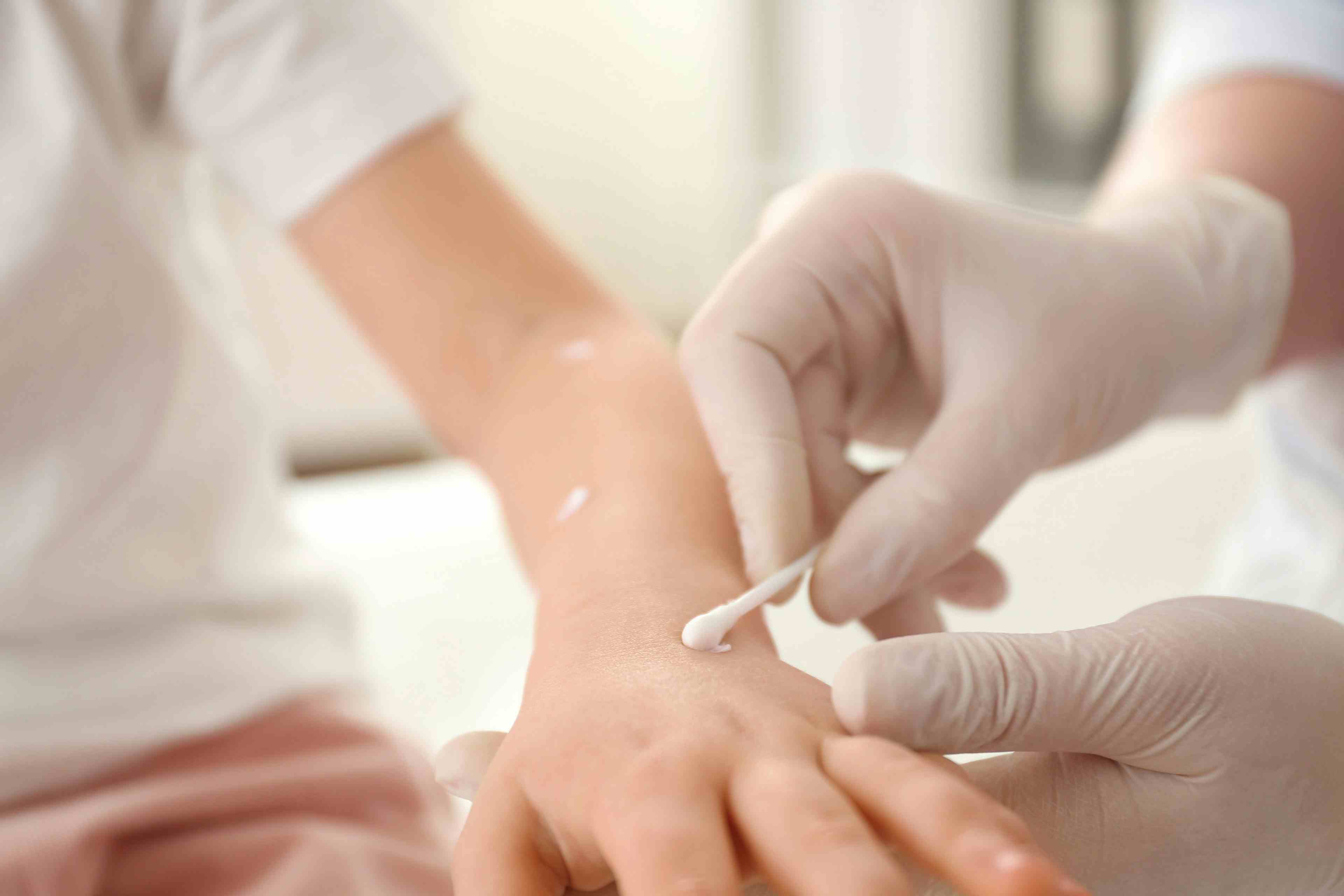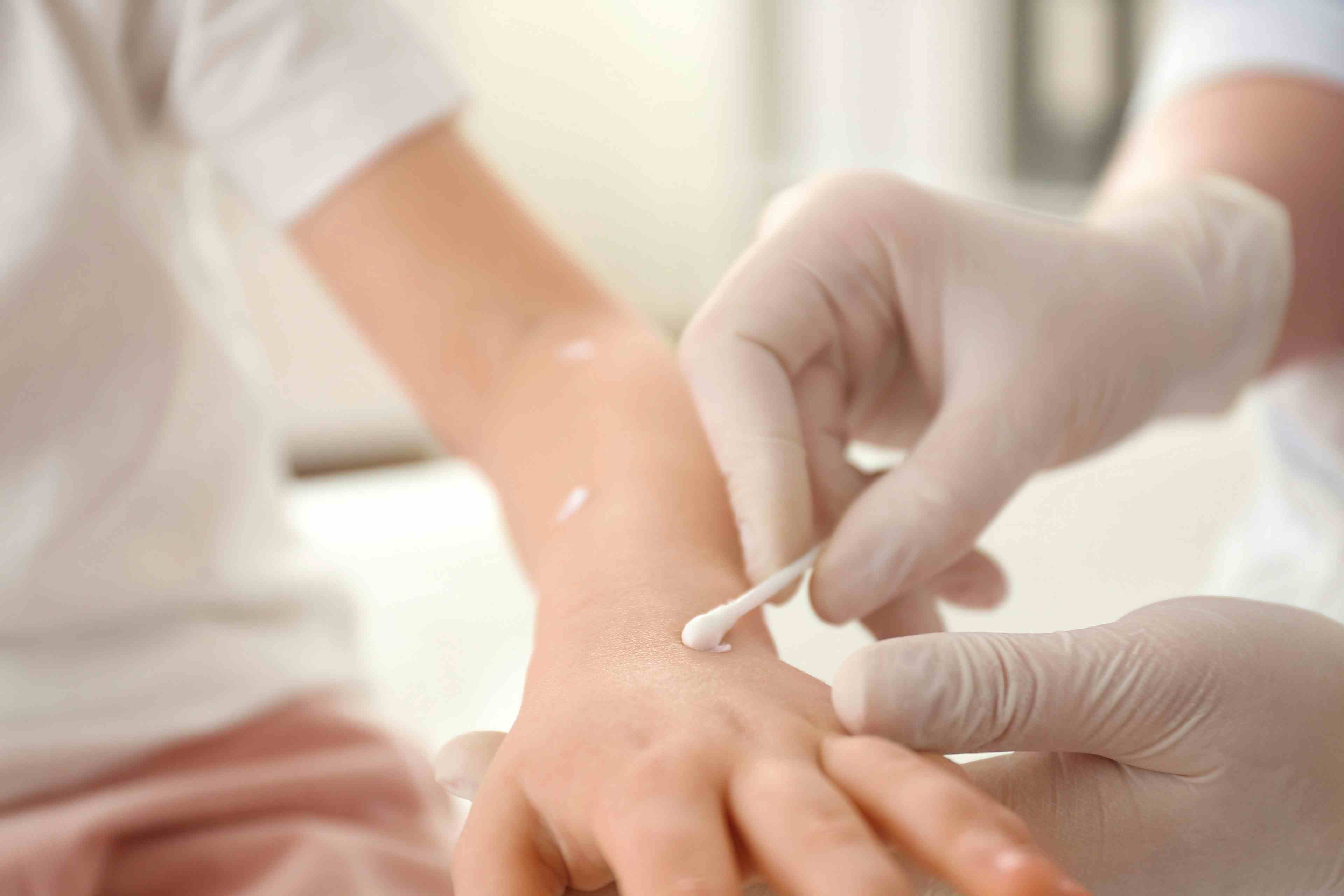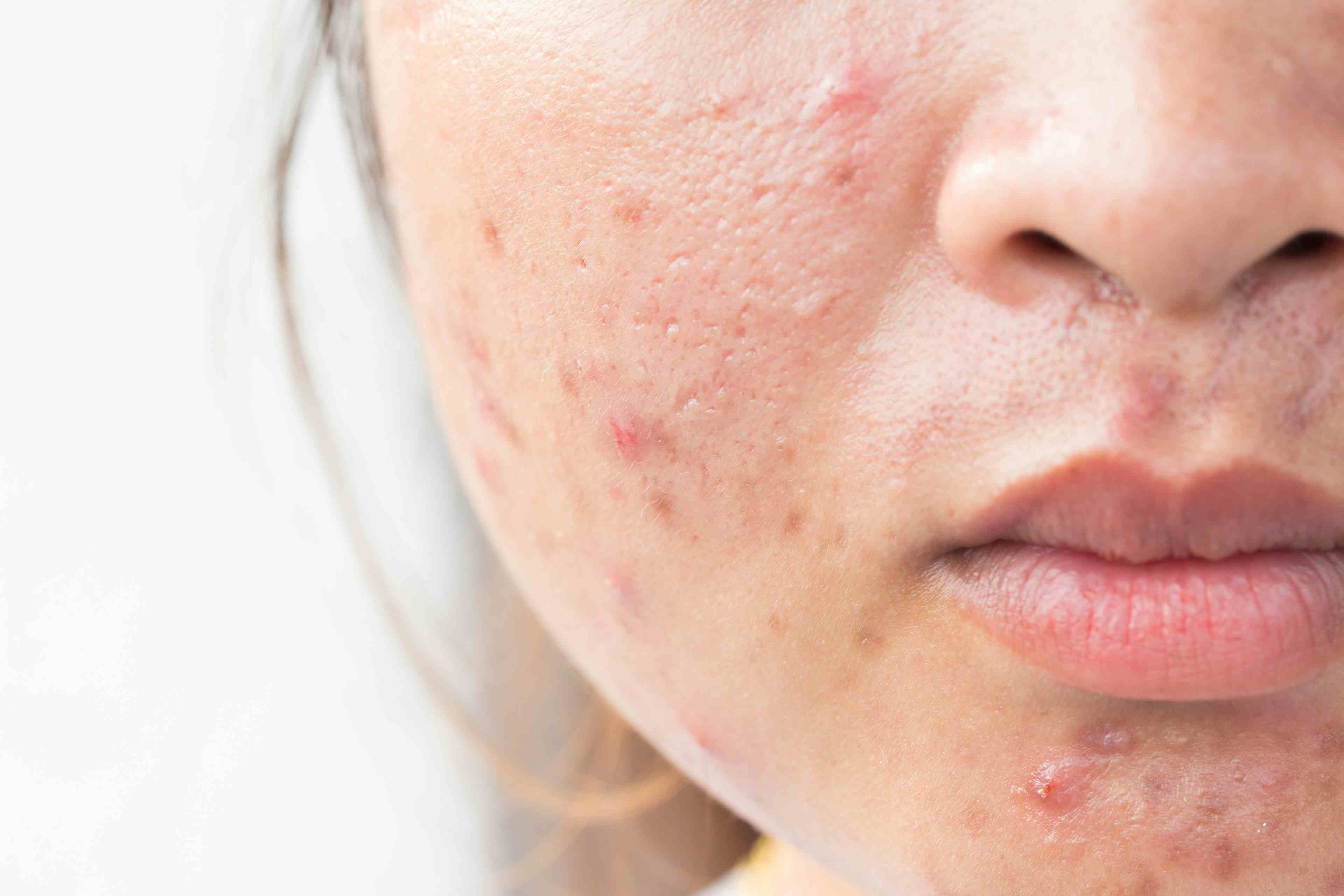- Acne
- Actinic Keratosis
- Aesthetics
- Alopecia
- Atopic Dermatitis
- Buy-and-Bill
- COVID-19
- Case-Based Roundtable
- Chronic Hand Eczema
- Drug Watch
- Eczema
- General Dermatology
- Hidradenitis Suppurativa
- Melasma
- NP and PA
- Pediatric Dermatology
- Pigmentary Disorders
- Practice Management
- Precision Medicine and Biologics
- Prurigo Nodularis
- Psoriasis
- Psoriatic Arthritis
- Rare Disease
- Rosacea
- Skin Cancer
- Vitiligo
- Wound Care
Article
New company targets rare disease
Lotus Tissue Repair, a start-up company created to develop a treatment for the rare genetic disease dystrophic epidermolysis bullosa (DEB), has secured $26 million in financing, Xconomy.com reports.
Cambridge, Mass. - Lotus Tissue Repair, a start-up company created to develop a treatment for the rare genetic disease dystrophic epidermolysis bullosa (DEB), has secured $26 million in financing, Xconomy.com reports.
DEB affects only about 300 people in the United States but is fatal to many of them, and no approved treatments exist.
Emerging during childhood, the disease results from a deficiency or malfunction of the protein collagen type VII. DEB causes painful skin blisters that can result in the fusing together of fingers or toes. Patients also can experience blistering of the esophagus, and are at high risk of developing squamous call carcinoma.
Lotus Tissue Repair states that proceeds of the financing will be used to advance the company’s proprietary recombinant collagen type VII (rC7) technology as the only protein-replacement therapy in development to treat DEB.
Future applications of this technology include treatments for dermatologic conditions in which rC7 may play a role in accelerating the healing of chronic wounds, such as diabetic foot ulcers and venous stasis ulcers, the company states.
Human clinical trials are to begin shortly at the University of Southern California, Xconomy.com reports.
Newsletter
Like what you’re reading? Subscribe to Dermatology Times for weekly updates on therapies, innovations, and real-world practice tips.
















